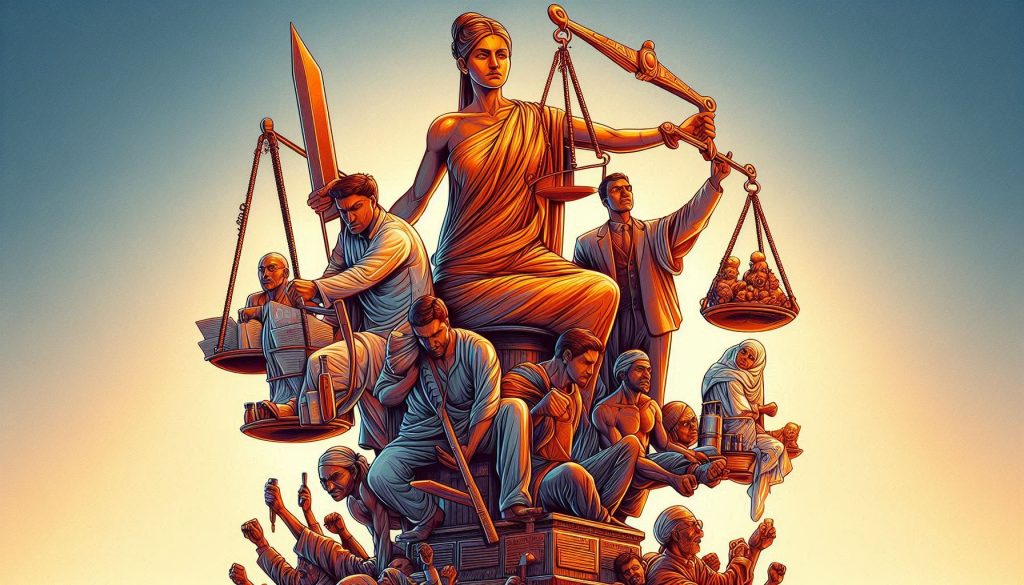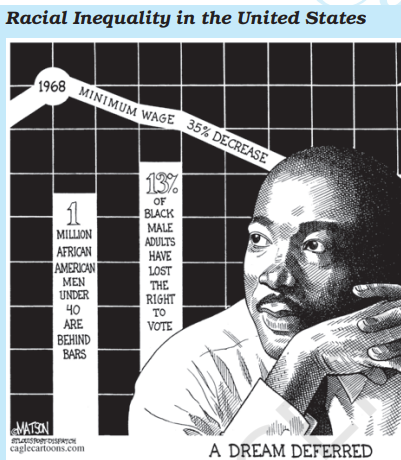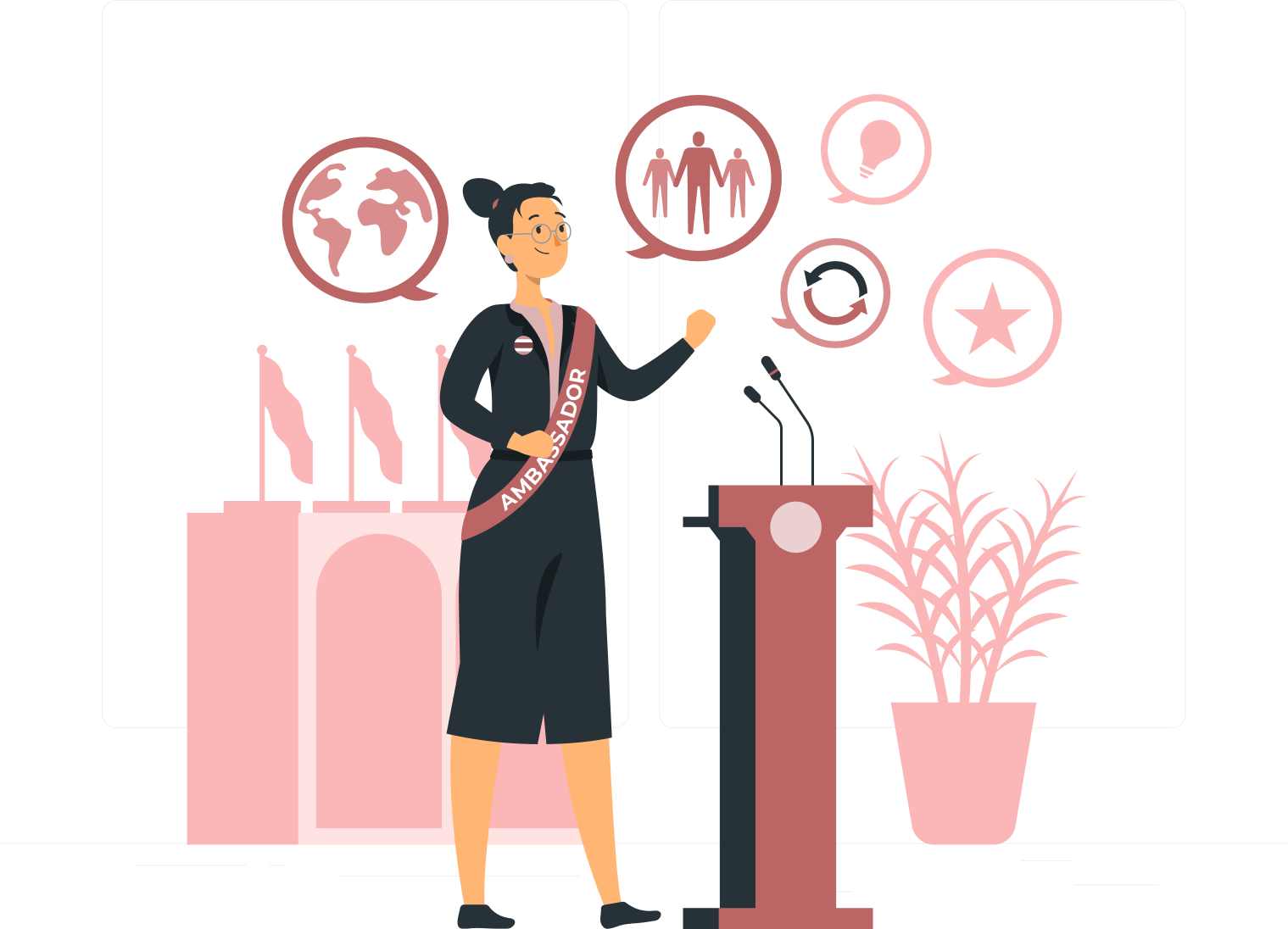Equality – Awesome Guide For Class 11 Political Science Chapter 3

Welcome to iPrep, your Learning Super App. Our learning resources for the chapter, “Equality” in Political Science for Class 11th are designed to ensure that you grasp this concept with clarity and perfection. Whether you’re studying for an upcoming exam or strengthening your concepts, our engaging animated videos, practice questions and notes offer you the best of integrated learning with interesting explanations and examples.
To truly grasp the essence of equality, it’s essential to dive into its multifaceted nature as explored in Chapter 3, “Equality.” This chapter is more than just an academic exercise; it’s a gateway to understanding how equality shapes our democratic values and social structures. Through a detailed examination of political, social, and economic dimensions, this chapter uncovers the intricacies of how equality is not merely an ideal but a fundamental right that drives fairness and justice in our society.
As you engage with the content, you’ll uncover how equality is woven into the fabric of democratic governance and the measures taken to address historical injustices and promote inclusive growth. This chapter invites you to critically analyze how societies strive to achieve true equality and the ongoing efforts to ensure every individual has a fair chance to succeed.
Equality
Chapter 3, titled “Equality,” provides an in-depth examination of the concept of equality, focusing on its importance within democratic societies. The chapter covers various dimensions of equality, including political, social, and economic aspects, and explores how affirmative action can address historical injustices. By delving into these areas, Chapter 3 highlights the critical role equality plays in fostering a just and inclusive society.
Chapter 3, “Equality,” introduces students to the foundational concept of equality and its pivotal role in democratic governance. This chapter emphasizes that understanding equality is essential for appreciating how fairness and justice are maintained in society. The chapter’s exploration of equality helps to underscore its significance across different domains, including political, social, and economic spheres.
Objectives Of Learning The Chapter
Now that we have analyzed the significance of the chapter, let’s know the objectives of studying “Equality”.
- To understand the importance of equality in democratic societies.
- To explore the different dimensions of equality as discussed in Chapter 3.
- To examine the concept of equality of opportunity as detailed in the chapter.
- To distinguish between natural and social inequalities as presented in Chapter 3.
- To analyze the role of affirmative action in promoting equality, as outlined in Chapter 3.
Now let’s explore the various sections of the chapter.
Firstly, to understand the various aspects of equality, let’s delve into the following sections of Chapter 3.
The Concept of Equality
- Introduction to Equality: Chapter 3 introduces the fundamental concept of equality, underscoring its importance in democratic contexts.
- Significance in Democracy: It highlights how equality, as discussed in Chapter 3, is crucial for ensuring equal rights and opportunities for all individuals, thereby fostering a fair society.

Now, to understand the fundamental reasons behind the principle of equality, let’s examine the section “Why Equality?” of the chapter “Equality.”
Why Equality?
- Rationale Behind Equality: This section of Chapter 3 explores why equality is essential, focusing on its role in promoting fairness and justice in society.
- Ensuring Fairness and Justice: The discussion includes how equality, a core theme of Chapter 3, helps eliminate discrimination and ensures that everyone has an equal chance.
Now, to understand the concept of equality in depth, let’s delve into the section Three Dimensions of Equality of the chapter Equality.
Three Dimensions of Equality
- Political Equality: Chapter 3 covers the principle of political equality, which ensures that all individuals have equal participation in the political process, including voting rights and representation.
- Social Equality: Focuses on social equality as outlined in Chapter 3, which aims to eliminate discrimination based on caste, gender, and race, promoting equal treatment and opportunities.
- Economic Equality: Discusses economic equality, a key aspect of Chapter 3, emphasizing the importance of equitable distribution of resources and wealth to reduce disparities.

Now, to understand the concept of equality in practice, let’s examine the section Equality of Opportunity of the chapter Equality.
Equality of Opportunity
- Concept Overview: This section of Chapter 3 explores the principle that everyone should have an equal chance to succeed, regardless of their background.
- Implementation and Challenges: Examine how the concept of equality of opportunity, as detailed in Chapter 3, is applied and the challenges faced in creating equal opportunities for all.
Now, to understand the underlying differences that affect fairness in society, let’s examine the section Natural and Social Inequalities of the chapter Equality.
Natural and Social Inequalities
- Natural Inequalities: Chapter 3 discusses natural inequalities that arise from inherent differences, such as physical abilities or talents, and their implications.
- Social Inequalities: Contrasts these with socially constructed inequalities, which are explored in Chapter 3, such as those based on class or ethnicity, and examines their origins and impacts.

Now, to understand how societies address historical and systemic inequalities, let’s examine the section Equality Through Affirmative Action of the chapter Equality.
Equality Through Affirmative Action
- Affirmative Action Measures: Chapter 3 covers various measures, including reservations or quotas, designed to correct historical injustices and promote equality.
- Impact and Effectiveness: Analyzes the effectiveness of affirmative action, as discussed in Chapter 3, in addressing past discrimination and achieving greater equality.
Overall Learning Value of the Chapter
The overall learning value of the chapter Equality lies in its exploration of the fundamental concept of equality as a core principle of justice and fairness in society. By examining different dimensions of equality, including equality of opportunity, natural and social inequalities, and affirmative action, this chapter encourages critical thinking about how societies can achieve true equality for all citizens. It helps students understand the importance of creating a more just and inclusive society, where everyone has the same opportunities to succeed, regardless of their background or circumstances. Through this chapter, students gain valuable insights into the challenges and complexities of achieving equality and the role of laws, policies, and social practices in promoting it.
In conclusion, Chapter 3, “Equality,” in CBSE Class 11th Political Science provides a comprehensive understanding of this fundamental concept. By exploring the political, social, and economic dimensions of equality, the chapter highlights the importance of fairness and justice within democratic societies. From examining the principle of equality of opportunity to discussing natural and social inequalities, and the impact of affirmative action, Chapter 3 equips students with a nuanced perspective on how equality can be realized and maintained.
Through engaging resources available on iPrep, including animated videos and practice questions, students can delve deeper into Chapter 3 and grasp the intricate aspects of equality with clarity. Our learning tools are designed to help you master the chapter’s content and appreciate the critical role that equality plays in fostering an inclusive and just society.
Understanding Chapter 3, “Equality,” is not just about academic learning; it’s about recognizing and valuing the essence of equality in our daily lives and the broader context of society. Embrace the insights from this chapter and see how they apply to real-world scenarios, ensuring you are well-prepared to discuss and advocate for equality in various contexts.
To read the NCERT text of Political Science Chapter 3 Equality, click here.
Practice questions on Chapter 3 - Equality
Get your free Chapter 3 - Equality practice quiz of 20+ questions & detailed solutions
Practice Now








